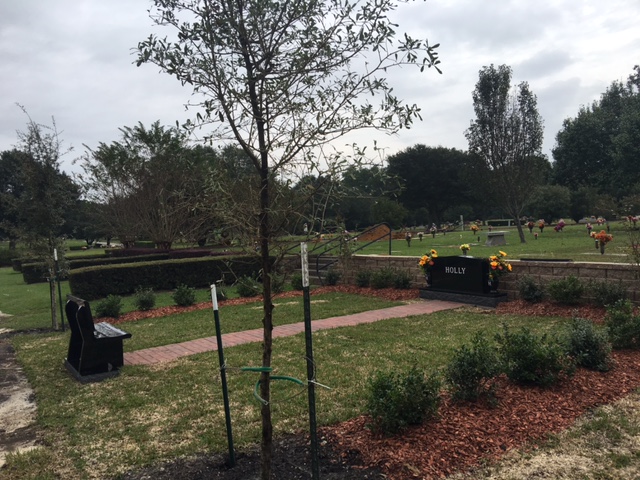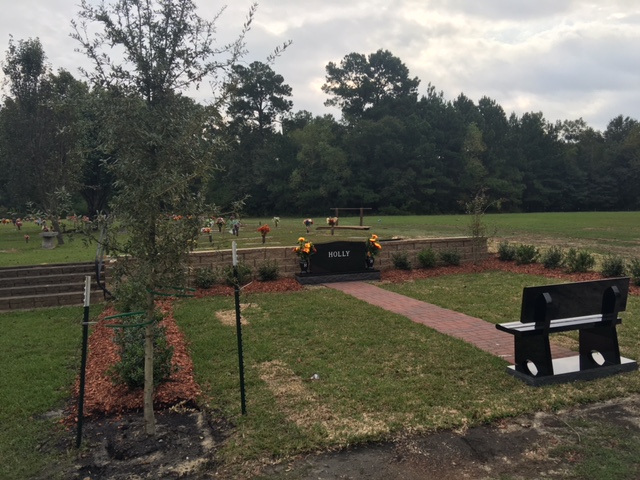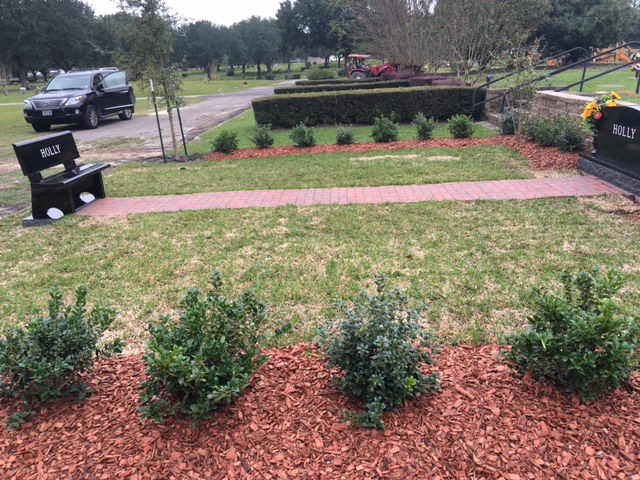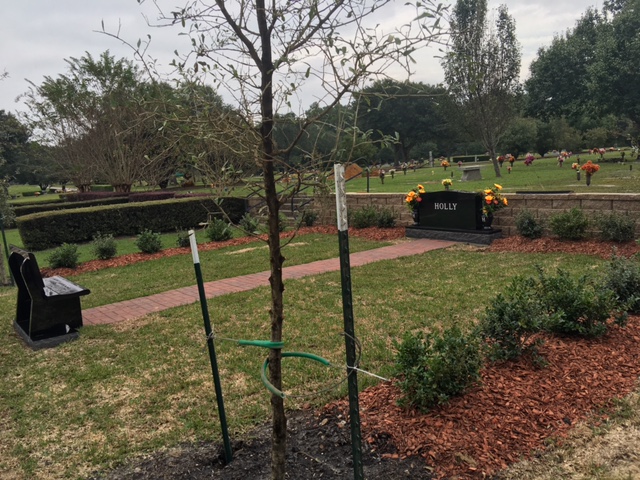|
Yesterday was my 72nd birthday. This column is about my birthday gift to myself and it is to address “death.” Recently, I addressed medical students at the University of Texas School of Medicine in San Antonio. I told them there are three things which are needed in order for them to retain the Joy of Medicine their entire career:
- Learn the joy of giving to others. A living is made by what you get; a life is made by what you give. Give greatly and you will have a great life.
- Learn to celebrate everything about life and your practice, big things and little things.
- Lose the idea that death is the ultimate failure in life; it is not. Death is a part of life. In fact, physical immortality would be a curse as you watch your loved ones die again and again while you live forever.
Preparation for death is positive; ignoring the reality that we will all die is not. When my grandson left for the Army, I told him, “If you are far afield and you hear that I have fallen ill and you cannot get home before I pass from this life, I want you to know that one of my last thoughts will be of how much I love, respect and honor you and how proud of you I am. Conversely, if you are far afield and I hear that you have been grievously injured and I can not get to you before you die, I want to be sure to know that among your last thoughts is that your grandfather loves, honors and respects you.” The reason for this is that the only element of grief I could not bear is the thought that my grandson did not know and I had not told him of my love.
For the last years of my parents’ lives, I told them, “We never know when the last time is the last time - speaking of our seeing and being with one another - so we make sure that every time is a good time so that if it is the last time, it’s OK.” My mother died in October, 2014; I remember the last time I hugged her when I was leaving her home. I said, “Mom, we’ve had a good time, haven’t we? So if this is the last time; it’s OK.” It was the last time and while we grieved her death; we did so knowing nothing was left unsaid or unspoken.
All of my life, my wife and I have enjoyed visiting cemeteries. We particularly love old cemeteries and often have stopped on trips to walk through one. We regularly visit the grave sites of family members and of friends. My father died ten years ago and I visit his grave regularly, even though it is a six hour round trip. When he was alive there were few gifts which interested him. Eventually, I found that one thing he really enjoyed was a four pound box of Godiva Chocolate. The first time I visited his grave, I remembered this and drove around Alexandria, Louisiana until I found a store which sold Godiva. I bought the smallest box and placed it on his grave. My brother thought that was foolish but changed his mind several weeks later when a “critter” tore the box open and ate the candy. Each of us will find ways through which to memorialize our loved ones. Nothing is so personal as grieving and remembering.
Twenty-eight years ago, my closest and dearest friend died very young. During his final illness, he asked me to go with him to pick out his coffin and to make his funeral arrangements. I think nothing has been as difficult as that. That experience has made me want to make those final arrangements so that my wife or a friend would not have to. Recently, while visiting Dr. Wilson’s grave after Sunday lunch, I wondered if the cemetery where we will be buried would be open and I thought that it would. It was and we began the process which we completed a week later, making all the arrangements for our funerals.
I have been surprised at how pleased I have been that we completed a task which we don’t expect to need for over twenty years, but just knowing that it is done, brings a sense of completion. And, it brings the comfort and satisfaction that my wife or a friend will not have to make these arrangements at a time of great sadness. It also is a personal confession of the reality of and the acceptance of the reality of death, as a part of all of our lives.
The preparations we completed include gravesites for all members of our family, even though we know that it is unlikely that they will all be used. It is very satisfying to know that they can if they chose. The granite marker and the granite bench are in place. The shrubs, walk way and trees are in place. They will grow and mature over the years and it is probable that we will be able to watch them grow. This familiar place will not be fearful when its ultimate purpose is fulfilled.
When our grandson comes home for Christmas this year, the entire family will gather at this site. We will sing and tell stories; we will laugh and tell our favorite “undertaker humor” and we will thank God that we are all together in anticipation of the certainty that the day will come when we will not all be together. Every ten years, for as long as we are alive, we will repeat this celebration. We will tell jokes, sing, pray and thank God for His blessings. The reason for all of this is that on that solemn occasion when the mortal remains of one of us is brought there for the last time, we will express our sorrow but we will also remember when we where there together. “Do you remember what he said,” one will say. “Do you remember how we laughed and laughed?” another will recall. In this way, a place of sadness will be turned into a place of remembering. It will be a place of joy.
Why tell this story?
Most of us dread death and most of us hate funerals and cemeteries. I want to change that. There are times, I know, when death comes prematurely or tragically when it is difficult to be philosophical about the passing of a loved one. But, as a normal course of life, death should not be dreaded.
If we have done the work of life, which includes the preparation for death, the end of life, while bringing the sadness of separation does not have to be accentuated by the sadness of regret. When I conducted my father’s funeral, I said, “There is nothing needed to be said which has not been said.” and it was true. All the gratitude had been expressed; all of the declarations of affection and love had been made. The same was true when my mother died a year ago. I miss her but there are no regrets, only good memories. My mother died at 97.5 years of age; I was asked, “Were you devastated at her death?” I answered, “I had my mother for 71 years of my life. I was sad at her death but how could I lament the inevitable when I had so much of her life with mine. My grief was overwhelmed by my gratitude.”
And, it occurs to me that some might say, “But my experience was different and It was not good.” That does not mean that you cannot say what needs to be said and to forgive what needs to be forgiven, even if the one to whom you are saying it, is gone. The power of reconciliation is released even when one party is not repentant or when one party is not expressive of love. Who of us has not experienced a relationship where the offender either refused to ask forgiveness or never even realized they needed to, but where the relationship was restored when we reached out to them, not in accusation but in love and receiving.
So it is that I tell this story. I hope you will make your preparations - emotionally, spiritually, physically - so that death does not surprise you, and so that those who love you grieve, as Paul said, “but not as those who have no hope.”




|